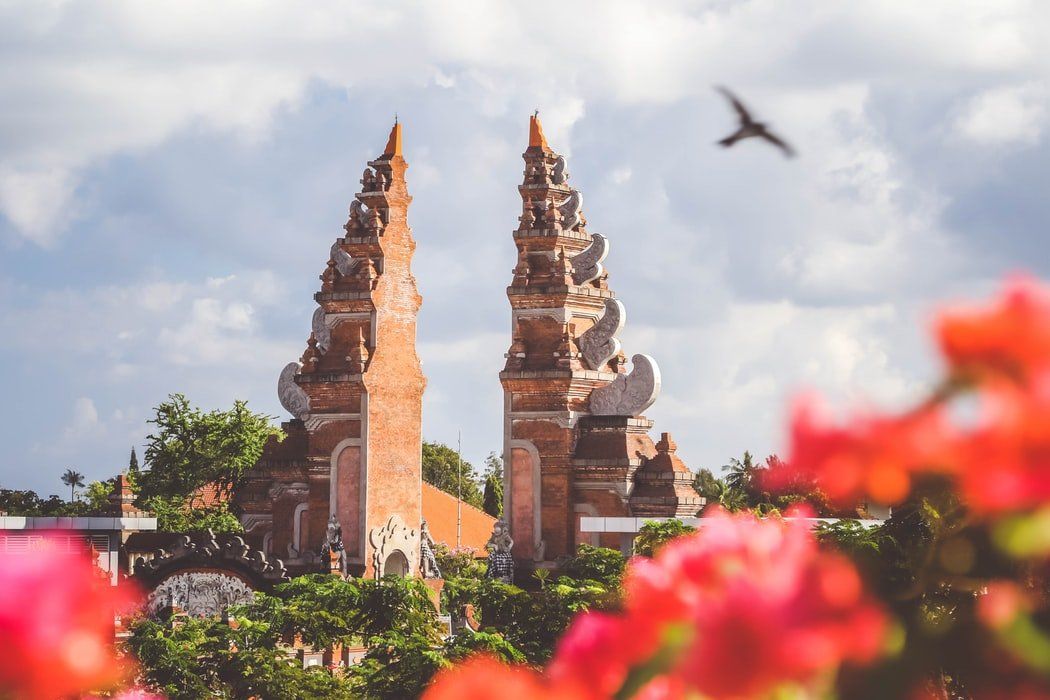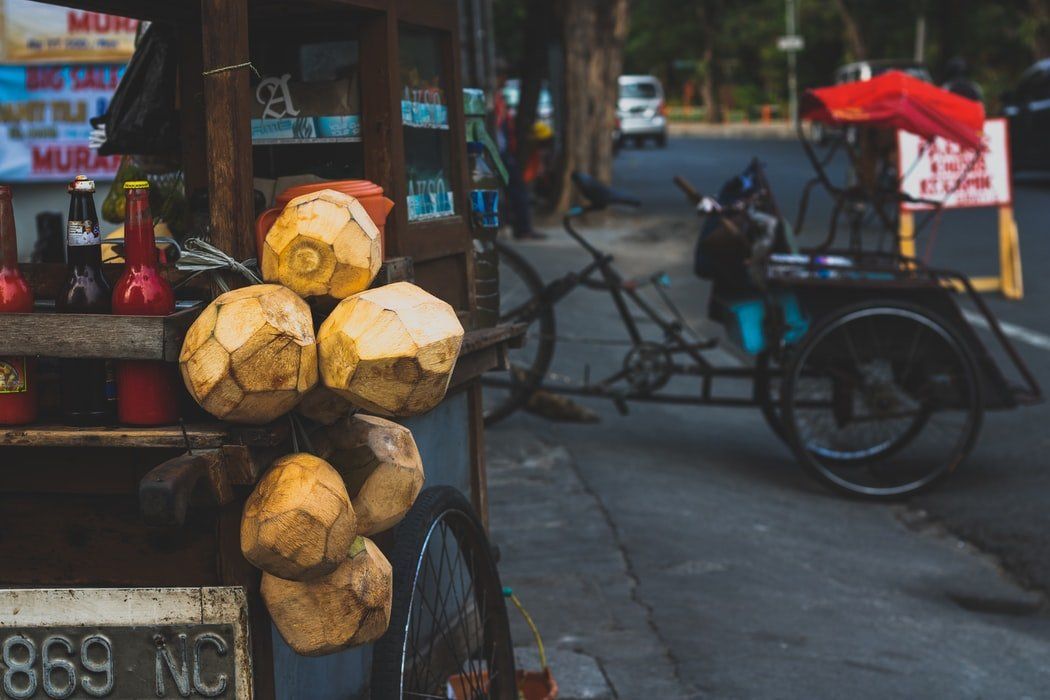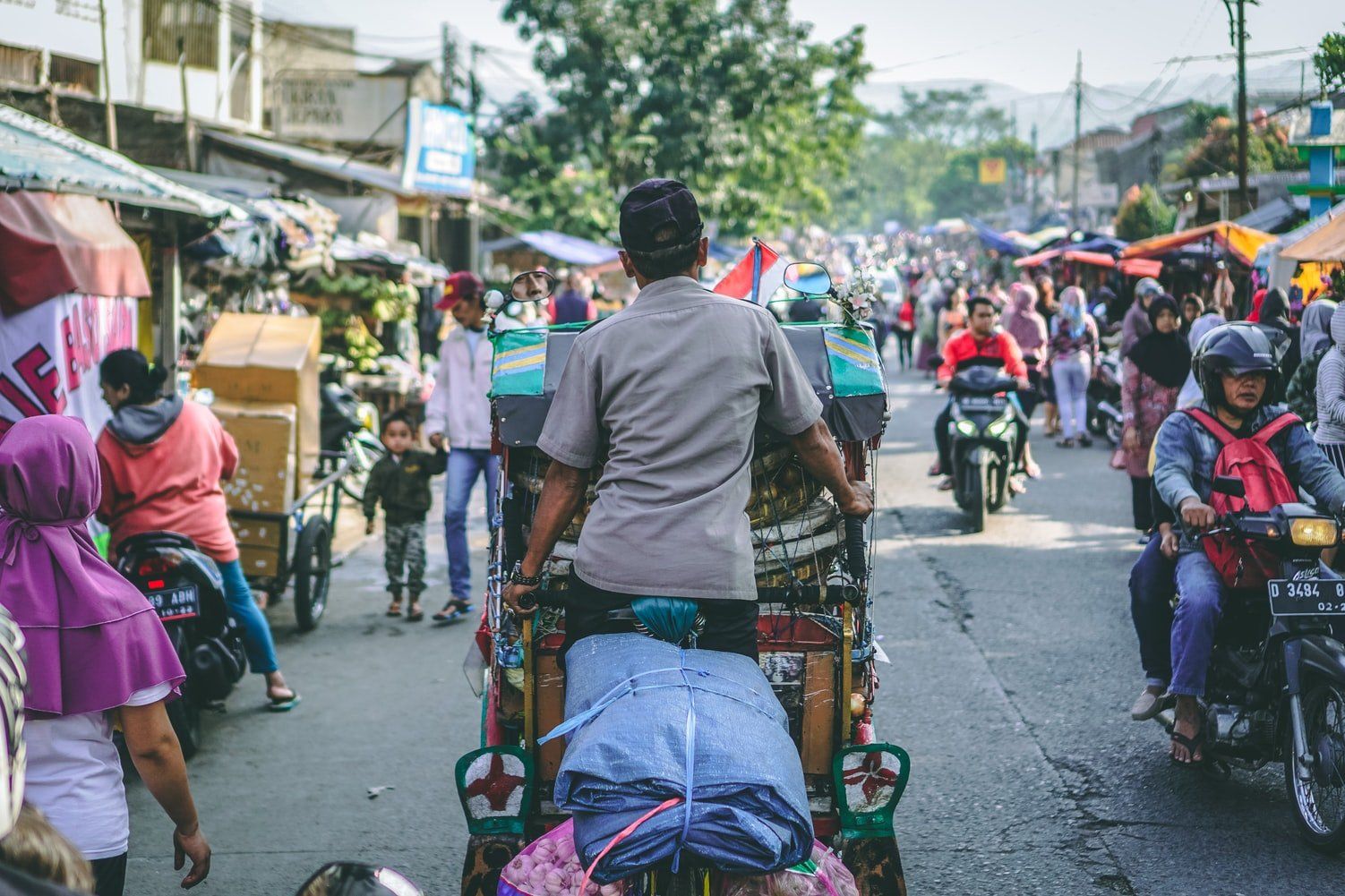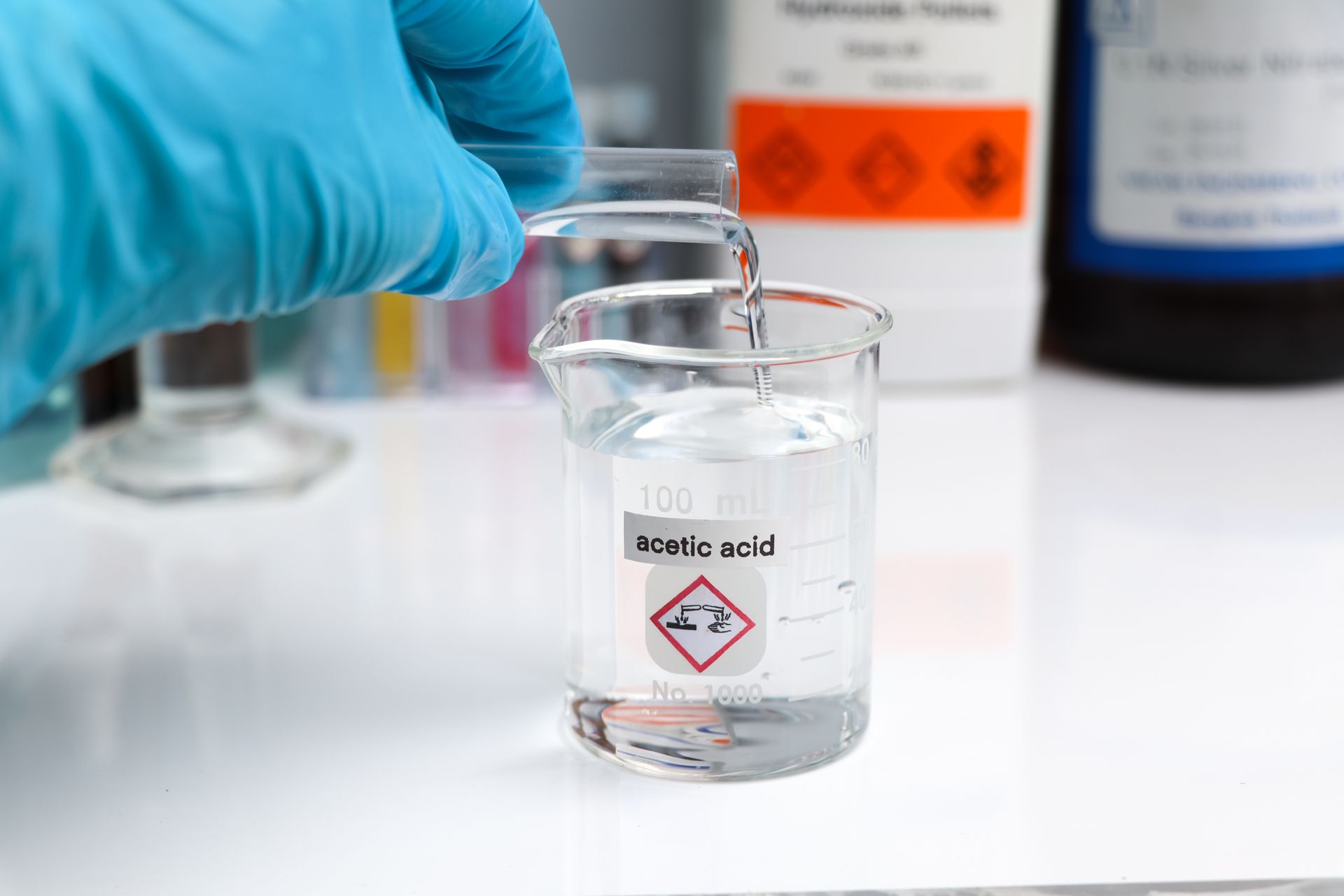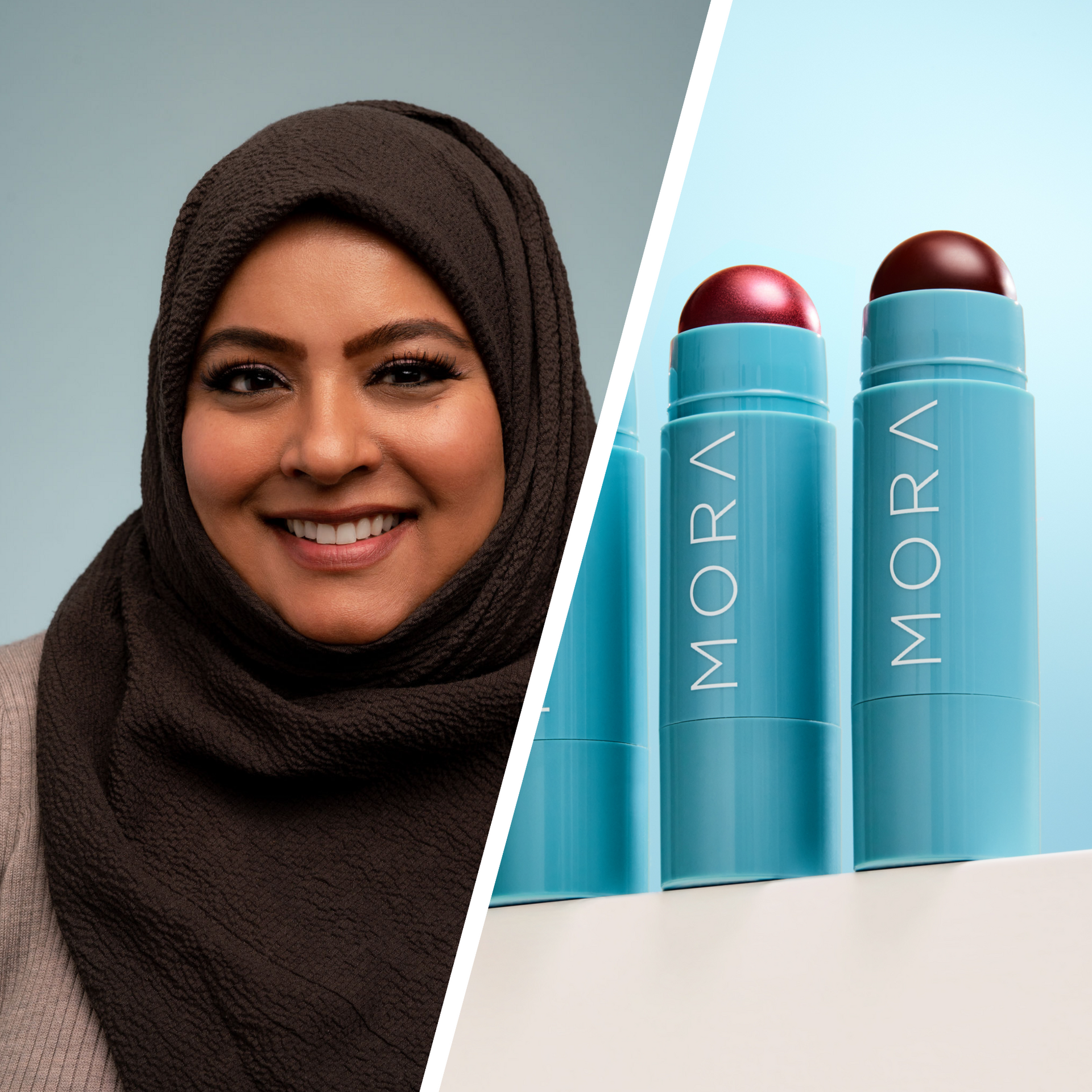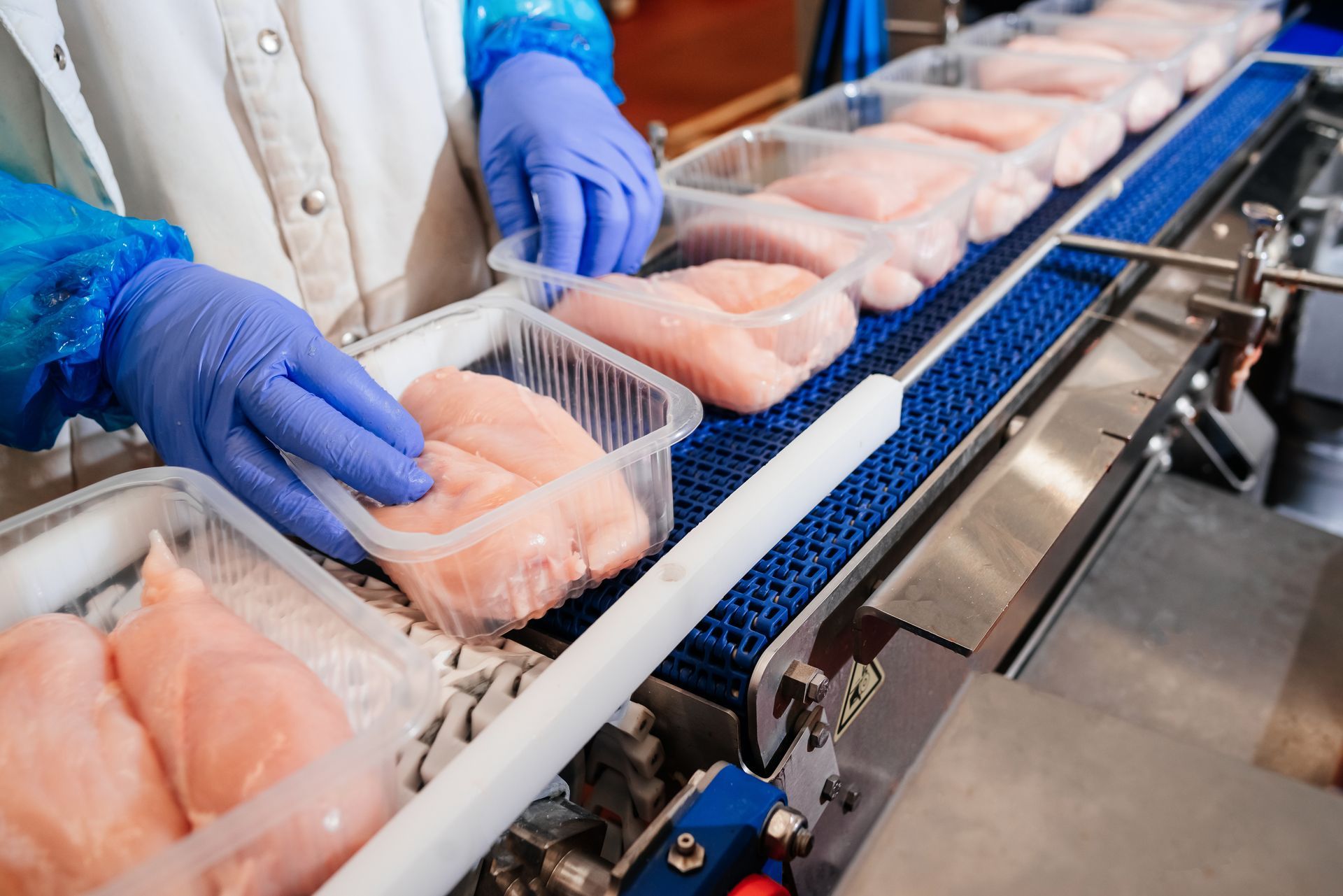1-877-HALAL-WW (+1-877-425-2599)
Revolutionizing Indonesia's Halal Industry
Current Developments in the Indonesian Halal Industry
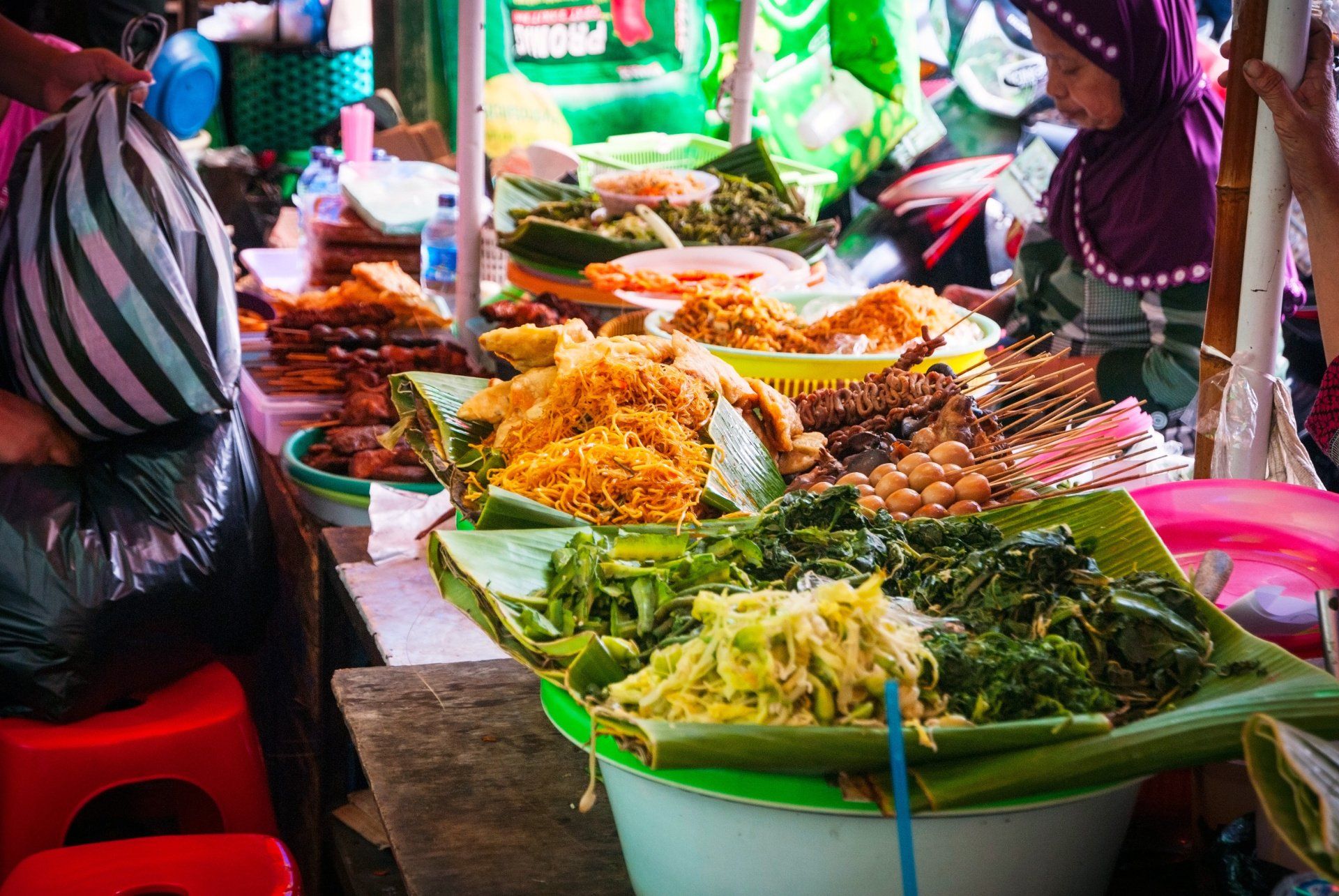
The Rise of Halal Tourism
In 2014, the Ministry of Tourism focused on developing Halal tourism to attract more Muslim travelers. This concept offers a range of services intended to comply with Islamic Law, from halal-certified foods to Muslim-friendly hotels.
According to the Global Muslim Travel Index, Indonesia was ranked number one in the world for Halal Tourism in 2019, with Malaysia coming in at a close second. Popular Indonesian travel destinations that meet Halal Tourism industry standards include Aceh; Riau and Riau Islands; West Sumatra; DKI Jakarta; West Java, Bandung; Central Java; Yogyakarta; East Java; Lombok; and South Sulawesi, Makassar.
The Central Bank of Indonesia reports that Indonesia’s Halal Tourism holds “massive potential” and will be a “key driver” for other sectors of its developing halal industry.
Halal Food in Indonesia
In Indonesia Halal foods are widely available and easily accessible. In any Muslim-majority country, one can safely assume that halal foods are readily available. This is not the case in Muslim-minority countries.
Street-food vendors, restaurants, and meal delivery services make acquiring halal food incredibly convenient. While halal is the norm, there are a few non-halal vendors who inform the general public that they are not halal-certified by means of appropriate signage in front of their store.
In particular regions of Asia, food is commonly prepared with the use of pork and alcohol. While these cooking methods are not widespread in Indonesia, traditional dishes made with the blood and meat of dogs can still be found in certain areas. Any dish that raises suspicion can easily have its ingredients clarified by a waiter, chef, or manager.
The consumption and sale of alcohol is heavily regulated by the Indonesian government, and mass media advertising of liquor is strictly prohibited. Its on-site consumption and trade are limited to touristic establishments and, even so, this can only be done with the possession of a legal trading permit.
The Effect of the New Halal Law
In 1989, a study alleged that several common food products contained pork. The Indonesian government did not take these claims lightly, leading them to task the Indonesian Ulema Council with restoring public trust. They were given the mandate to establish a division that could easily assess and certify the halal status of any given product.
Up until 2019, the Indonesian Ulema Council and the Food and Drugs Assessments Body of Indonesian Ulema Council (LPPOM MUI), was regarded as the only halal-certifying body in the country. LPPOM MUI assesses the technical parts, and MUI (the fatwa council) passes the Halal edict.
As a consequence of the controversy that arose in 1989, whenever food products are suspected of being 'not halal’, it unsettles the halal-conscious consumer and becomes a source of public unrest. Many food manufacturers and restaurant establishments undergo a regulated halal-certification process. Businesses that are halal-certified, enjoy access into a broader market – the halal conscious community. For this community, the halal stamp ensures that a product is authentically halal.
Throughout Indonesia, halal certification was voluntary until the government enacted Law No. 33 of 2014, which set out Halal Product Assurance requirements. This law came into effect in 2019 when the government issued supporting regulations for its implementation; the sole purpose of which is to provide assurance and protection for halal products consumed by Indonesian citizens. Additionally, the Indonesian government assumed immediate authority and replaced the Indonesian Ulema Council as a certifying body.
The Halal Product Assurance law stipulates that it is mandatory for all consumable goods and related services to undergo halal certification. Any business that infringes upon these terms, may be met with legal action in the form of the withholding of products; issuing of fines; or imprisonment.
Industry critics have raised speculation regarding the government’s capacity to issue halal certification, arguing that the government is not fully equipped to implement the law in its entirety. There is a call for clarity on regulations and guidelines to avoid certification confusion. The government is currently undergoing a review process with the House of Representatives to draft an omnibus law that aims to streamline the certification process.
As a predominantly Muslim country, Indonesia is considered the biggest market for Halal products and services. With the new halal law that took into effect, Indonesia will be the first country to make halal certification mandatory on business owners if it is successfully enforced.
Works cited:
1. Indonesian Central Bureau of Statistics. Population Statistics of 2010. Accessed on July 19, 2020.
2. The Lowdown by Momentum Asia. Halal is not about religion but a lifestyle. Accessed on July 20, 2020.
3. Indonesian Ministry of Finance. Indonesia Becomes World's Best Halal Tourism Destination in 2019. Accessed on July 20, 2020.
4. Central Bank of Indonesia. Halal Tourism: Key Driver of Halal Industry in Indonesia. Published on November 15, 2019. Accessed on July 20, 2020.
5. Salaam Gateway. Indonesia halal certification process in government discussions for improvements. Accessed on July 15, 2020.
6. Akim et al., 2019. The Shifting of Halal Certification System in Indonesia: From Society-Centric to State-Centric. Mimbar Vol. 35 No. 1 (pp. 115-126).




